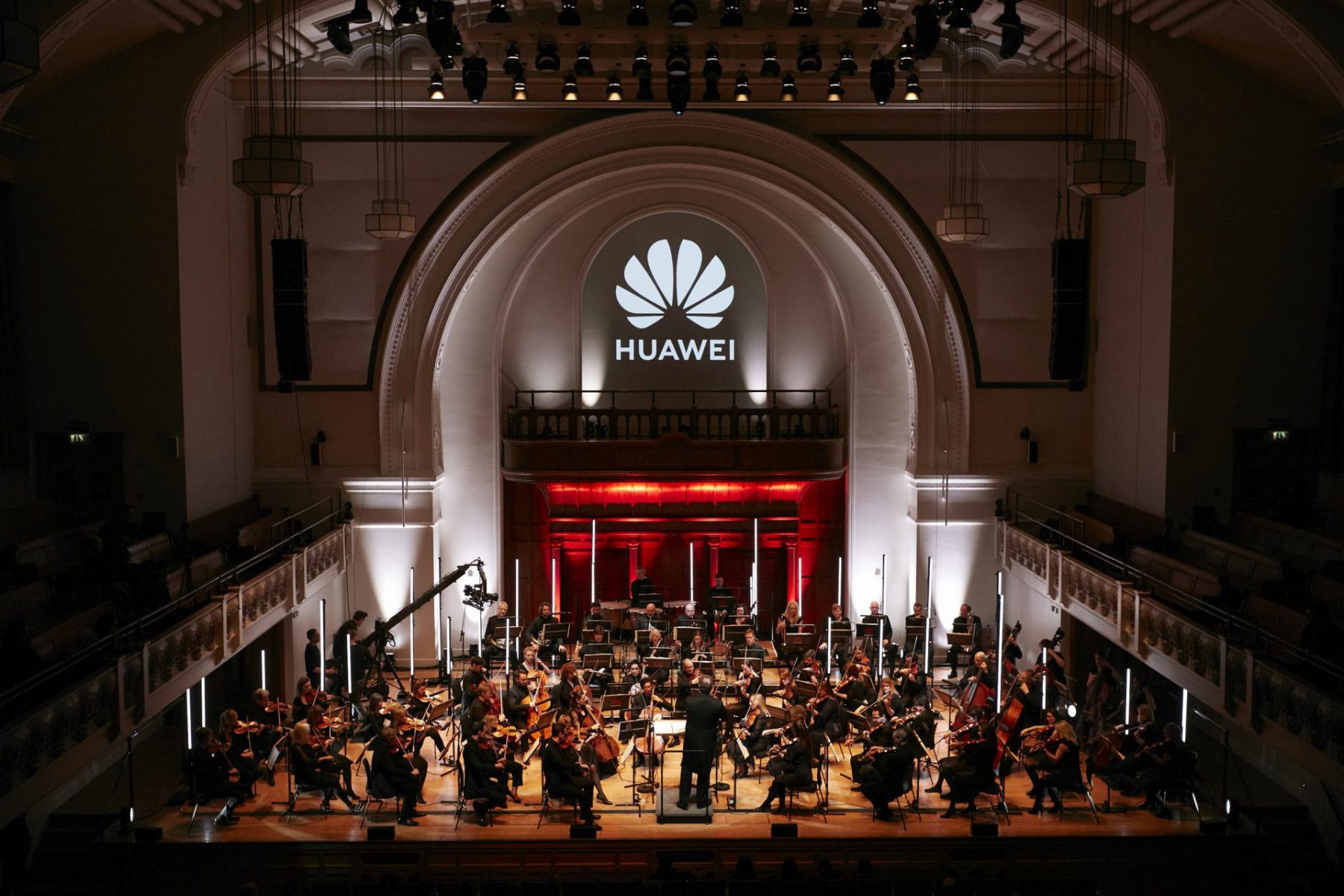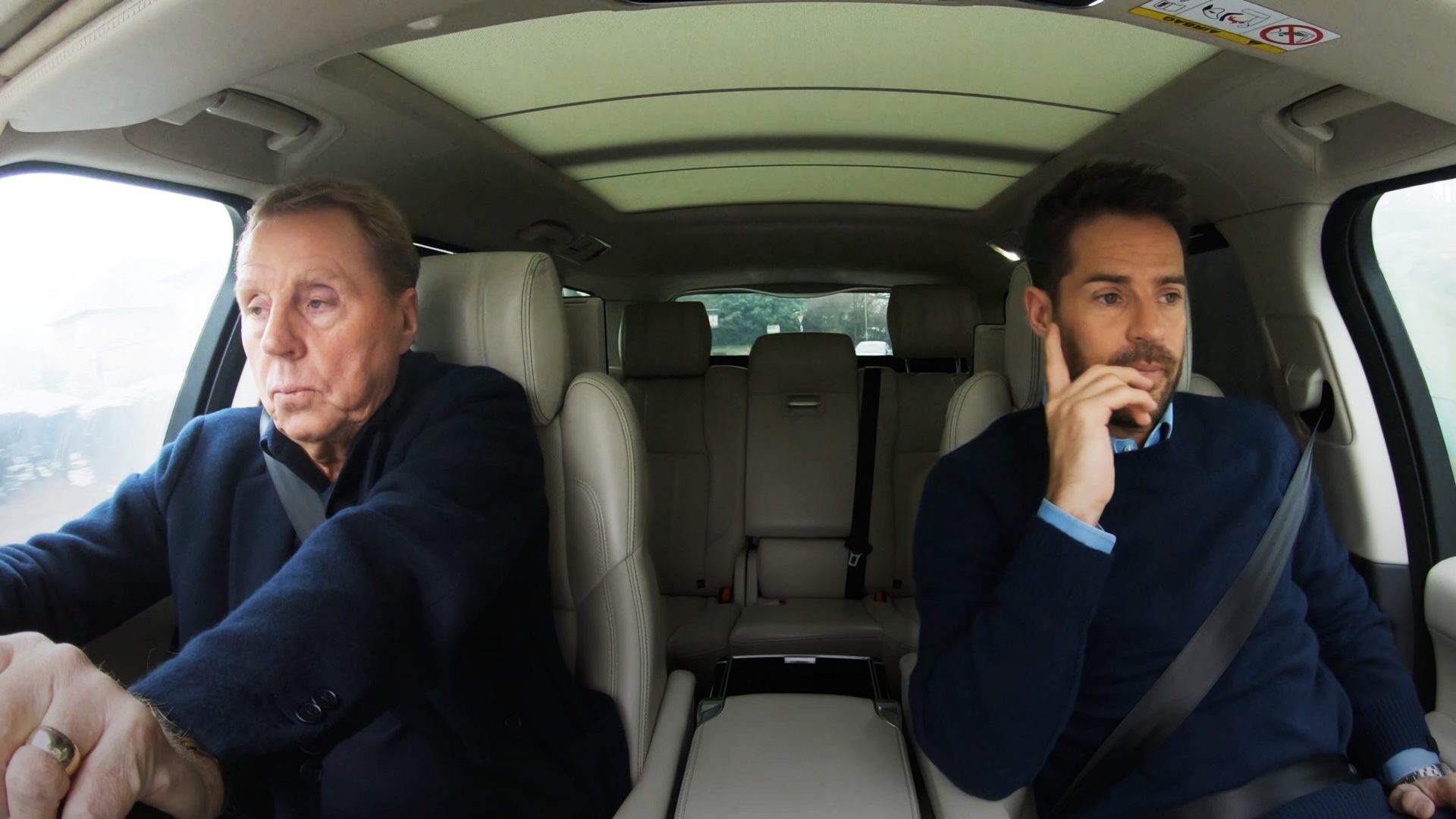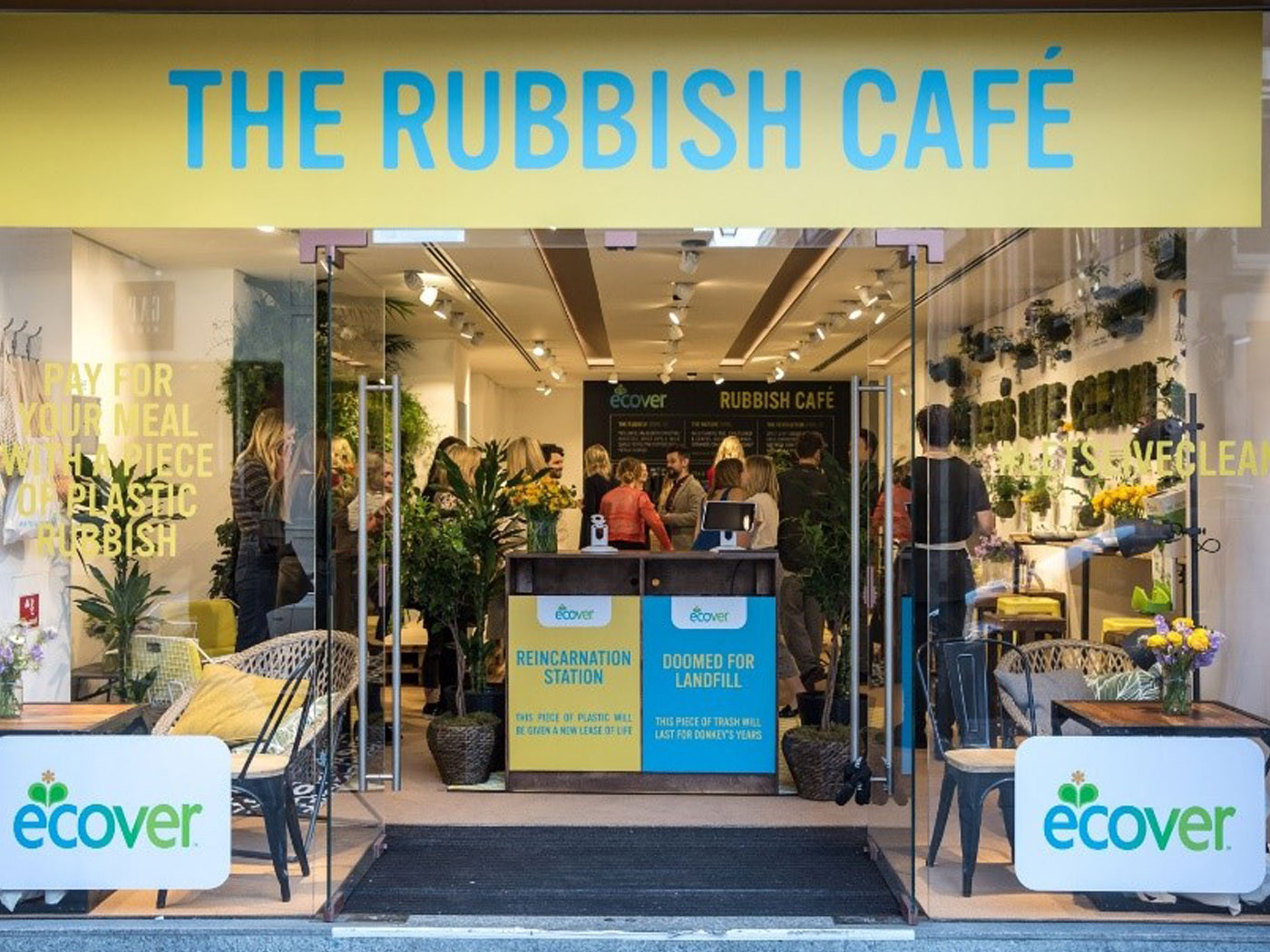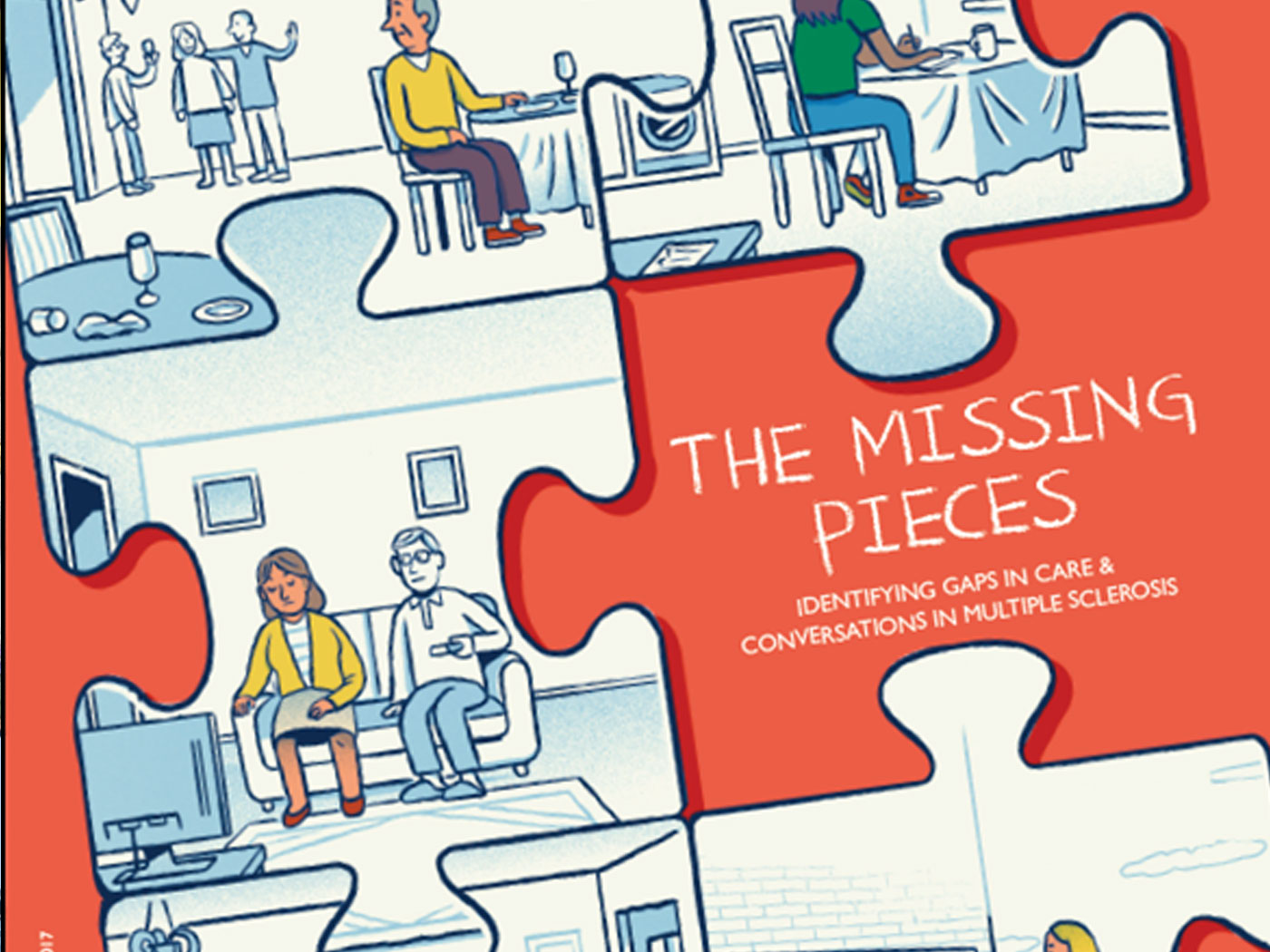Red Consultancy
Huawei presents Unfinished Symphony
Imagine combining the power of Artificial Intelligence with an award-winning composer to finish a 197-year-old symphony? That’s what Huawei did when state-of-the-art AI technology within its smartphones was used to complete Schubert’s famously unfinished Symphony No. 8. The ground-breaking ‘world-first’ rewrote history, literally, and effectively positioned Huawei as the frontrunner of AI innovation.
The Brief
The Brief: The brief was to showcase how Huawei’s advanced AI can push the boundaries of what is humanly possible. A ‘world-first’ moment was needed that would capture the imaginations of people across the globe, and demonstrate the positive impact that technological innovation combined with human expertise can have on modern culture.
The Solution
Using the power of AI, Huawei taught its smartphone to compose the final movements of Symphony No. 8. The device listened to the existing movements of the symphony, analysed key musical elements, then generated the melody for the missing movements. Composer Lucas Cantor ensured the movements remained true to Schubert’s style. The completed piece was revealed at a global event in London, performed by a full orchestra to 400+ media and influencers. The campaign was supported by traditional media relations alongside a full content programme including teaser films and live content from the event shared on social media.
The Result
The ground-breaking moment in cultural history generated over 2,800 pieces of global coverage and content clocked up 99 million views. The campaign enabled Huawei to dominate headlines, generate mass consumer awareness and truly show how combining technological innovation with human expertise can have a positive impact on modern culture.
When Harry met (and rejected) the Big Mac Bacon
Tampering with well-loved classic recipes is normally a route for disaster for food brands, so if you’re going to do it you might as well as incite the argument! When McDonald’s launched the Big Mac Bacon, we asked if a Big Mac with bacon was still a Big Mac…and then got Harry and Jamie Redknapp to pick a side and filmed the ensuing debate. The resulting content was McDonald’s UK’s most successful piece of content of all time.
The Brief
The brief was to bring the Big Mac Bacon debate to the UK, drive conversation and entice people into restaurants to help drive sales.
The Solution
Mirroring the arguments that would be taking place in homes across the UK, we chose a famous family to dramatize the opposing sides of the Big Mac Bacon debate. Step forward Big Mac fans Jamie and Harry Redknapp. We filmed them debating the issue and published the content on McDonald’s and the Redknapp’s social channels as well as via media partnerships.
The Result
Within 48 hours, the content had been viewed more than 4 million times, and polling showed that within a week of the campaign going live, 1 in 4 members of the British public had seen Harry and Jamie talking about Big Mac Bacon. Most importantly, the campaign got people talking about the product and into restaurants, helping smash sales targets.
Rubbish Café
Pay for your meal with a piece of plastic waste. This was the challenge Ecover set consumers, media, influencers and retailers at its Rubbish Café experience. 12 million tonnes of plastic ends up in our oceans each year. That’s a truck load of rubbish every minute. Packaging makes up to 40% of all plastic usage – and not enough is being recycled. Ecover asked us to help them communicate their fight against plastic pollution, as they continue tackling this issue with 100% recycled/recyclable washing up bottles. Working with Ecover created the world’s first ever rubbish café; where punters could only enter if they paid with recyclable plastic rubbish. The café served up a zero-waste menu plus inspiration and ideas for reducing, reusing and recycling plastic.
The Brief
Ecover wanted to move the conversation on from plastic in the ocean to industry needing to take responsibility for how they design their products to be as sustainable as possible. Ecover’s brand positioning “Let’s Live Clean” was designed to encourage consumers to join a movement that isn’t just about cleaning homes, but about cleaning the world. Without the budget of the big cleaning brands, we needed a brave creative idea to deliver #LetsLiveClean in a way that would spread organically.
The Solution
We set out to target responsible consumers with the experience - early adopters of trends with a desire to share the positive choices they make and who like to feel they're part of a movement. The Rubbish Café was designed as a unique educational experience which would give them social bragging rights they would literally be queuing up to engage with.
The Result
We believed so strongly in our idea that we blew our budget on a single activation. And we didn’t mess around - we invested in fantastic styling, location, branding and getting our messaging spot on. But we just created the canvas for the story to unfold. We didn’t have massive production budgets to create high-impact digital assets. We relied on media, influencers, stakeholders and the public to experience, document and share the messages of the Rubbish Café. We had over 600k video views of content we had no control over. We simply created the environment and relied on the passion of our spokespeople to deliver a message that people would want to share.
The Missing Pieces
The UK has one of the lowest treatment rates for Multiple Sclerosis in Europe with only 21% of patients receiving disease modifying treatments which can delay the onset of disability. This campaign was designed to investigate the reasons behind this. It highlighted a discrepancy between the goals of patients and those of their doctors and identified the “missing pieces” in the doctor patient dialogue. Whist MS patients want to slow down disability progression their health professionals are focussed on relapse rates.
The Brief
The Brief: Raise awareness of and encourage discussion around the low treatment rates of Multiple Sclerosis in the UK.
The Solution
We commissioned research and uncovered key insights into why MS patients aren’t getting access to disease modifying treatments. These insights were packaged into an engaging, attention grabbing report entitled “The Missing Pieces” and the “story” was shared with stakeholders in the wider MS community plus the media. In addition, we created assets (including a destination website) to help address the issues raised.
The Result
The campaign resulted in huge amounts of UK media coverage which in turn stimulated much debate in the MS community. Tens of thousands of people visited the website and the most prominent MS patient groups proactively endorsed the central campaign messages.









